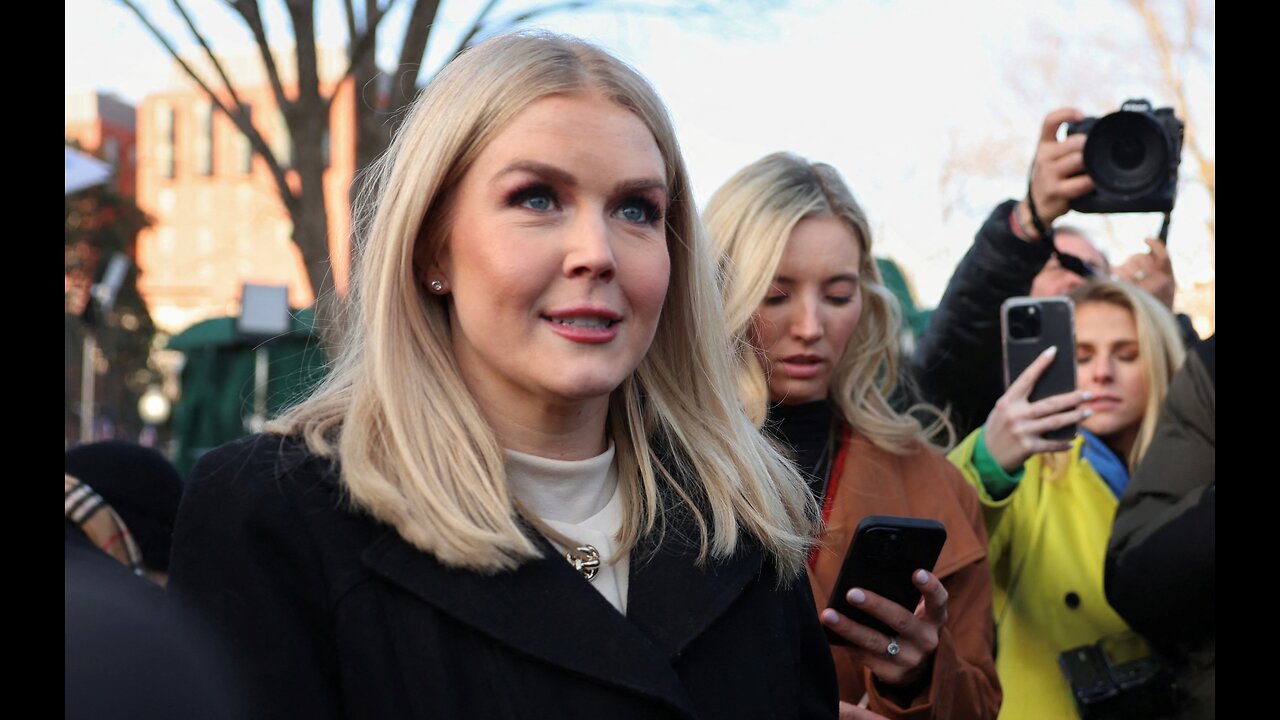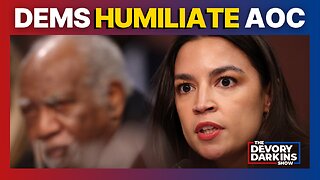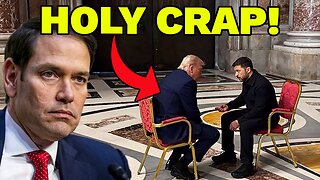Premium Only Content

White House Shake-Up: Press Secretary Karoline Leavitt Announces Media Overhaul
In a recent press briefing, White House Press Secretary Karoline Leavitt addressed several key issues, reflecting the administration's ongoing efforts to reshape media engagement and policy communication. Restructuring Media Access Leavitt announced significant changes to the composition of the White House press pool. The administration will now directly select which news organizations and reporters have access to cover President Trump, including exclusive venues like Air Force One and the Oval Office. This shift moves away from the traditional role of the White House Correspondents' Association (WHCA) in coordinating press access. The decision follows the exclusion of the Associated Press (AP) after it refused to adopt the administration's directive to rename the Gulf of Mexico as the "Gulf of America." Critics argue that this move undermines press independence by allowing the government to choose the journalists covering the president. Engaging New Media Voices In an effort to adapt to the evolving media landscape, Leavitt unveiled a "revolutionary media approach" aimed at engaging younger audiences. This initiative allows independent journalists, podcasters, social media influencers, and content creators to apply for credentials to cover the White House. The press briefing room will now include "new media seats" reserved for these non-traditional media outlets, with platforms like Axios and Breitbart News among the first to be seated. Leavitt emphasized the importance of truth from the press podium and cautioned against the spread of false narratives. Policy Clarifications and Personnel Changes During the briefing, Leavitt addressed questions regarding recent personnel moves, including the replacement of General CQ Brown Jr. as Chairman of the Joint Chiefs of Staff. She stated that President Trump believes it's time for a shake-up at the Pentagon due to repeated audit failures and low trust among warfighters. Additionally, Leavitt defended the appointment of Dan Bongino as the new deputy director of the FBI, highlighting his extensive law enforcement experience and commitment to addressing institutional corruption.
-
 17:01
17:01
DeVory Darkins
20 hours ago $31.74 earnedDemocrats HUMILIATE AOC as Trump drops bombshell order
39K116 -
 LIVE
LIVE
Amish Zaku
1 hour agoRumble Spartans "The One Year" Event
75 watching -
 LIVE
LIVE
OhHiMark1776
1 hour ago🟢04-27-25 ||||| Halo Multiplayer Rumble: No. 13 ||||| Halo MCC (2019)
291 watching -
 15:05
15:05
Stephen Gardner
23 hours ago🔥BREAKING: Trump HAMMERS Zelensky after Kicking France's Macron from meeting about Ukraine!
66.7K267 -
 9:20
9:20
Tactical Advisor
1 day agoNew Shadow 2 Carry | CZ Compact Upgrade (FIRST LOOK)
60K18 -
 LIVE
LIVE
AlphaZeroOmega
2 hours agoHalo Rumble Spartans #13 ONE YEAR of CONQUEST celebration | 🚨RumbleTakeover🚨
18 watching -
 7:55
7:55
Talk Nerdy Sports - The Ultimate Sports Betting Podcast
6 hours ago4/27/25 - Sunday Service: Vasil’s 10 Holy Locks & PrizePicks Resurrection 💥🧠
39.6K2 -
 4:23:56
4:23:56
Mossy
4 hours ago🍃PRE HALO PARTY🍃OBLIVION HARDEST DIFFICULTY🍃COME CHILL🍃420 SESH🍃GAMING🍃REACTIONS🍃MORE????🍃
25.9K7 -
 18:15
18:15
World2Briggs
14 hours ago $17.06 earned10 Cities That Are Slowly Emptying Like a Sad Party
61.1K49 -
 11:34
11:34
Mrgunsngear
1 day ago $9.51 earnedSiege Suppressors ROC556 Low Backpressure Silencer Review 🤫
51.7K6